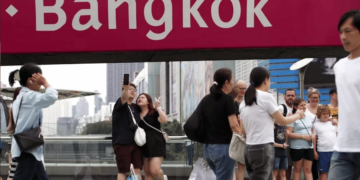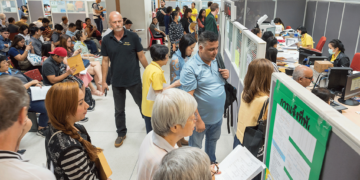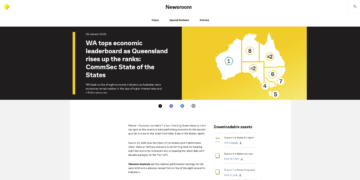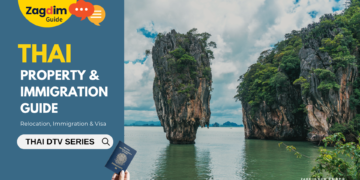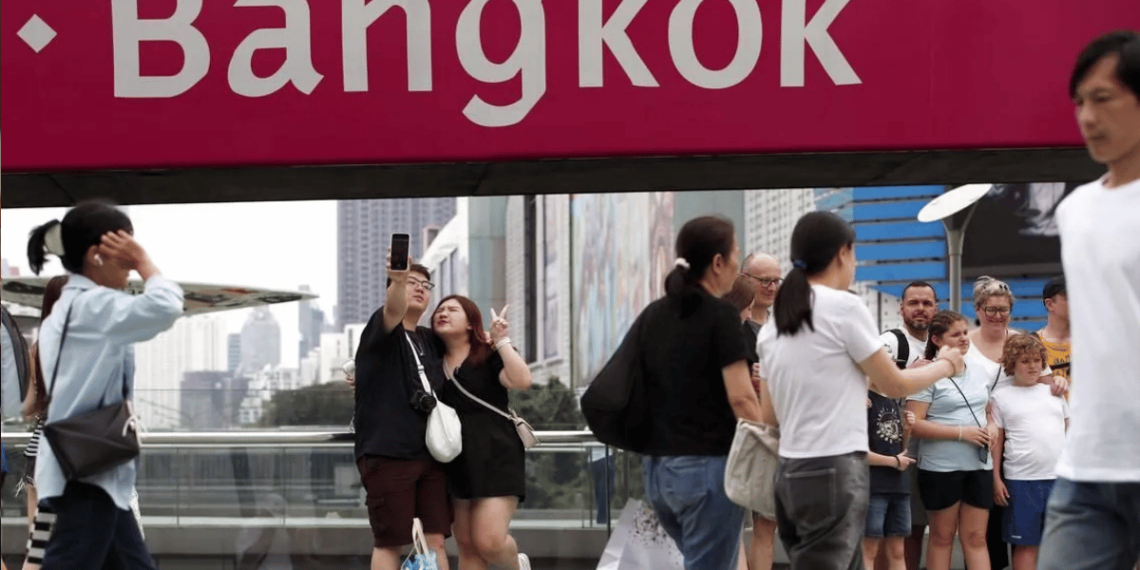The Thai government has announced plans to shorten the visa-free stay period from 60 days to 30 days, with the policy change expected to take effect in 2025. This move aims to prevent the misuse of visa-free stays for illegal business activities and to address concerns from the tourism sector about the potential negative impact of long-term visa exemptions.
Since July 2024, Thailand has expanded its visa-free policy, allowing passport holders from 93 countries to stay for up to 60 days, up from 57 countries previously. However, the extension has sparked mixed reactions within the tourism industry.
Sorawong Thienthong, Thailand’s Minister of Tourism and Sports, stated that the decision to reduce the visa-free stay period followed extensive discussions with key stakeholders. The Foreign Ministry has also confirmed the adjustment, with detailed guidelines expected to be formally announced after further consultation.
Following the 60-day visa-free extension, some tourism operators raised concerns about an increase in illegal work and business activities among long-term foreign visitors. The Association of Thai Travel Agents reported cases of foreigners operating illegal guesthouses and short-term rentals, which have disrupted the local tourism market.
The Thai Hotels Association also warned that prolonged visa-free stays could exacerbate illegal rental issues, particularly in popular tourist destinations such as Phuket, Chiang Mai, Pattaya, Hua Hin, Koh Samui, and Bangkok.
In 2024, the Thai government revoked the licenses of 40 travel companies for violating business regulations through changes in directorship and shareholder structures. In Phuket alone, 15 travel agencies had their licenses revoked for similar infractions.
According to tourism authorities, long-haul visitors to Thailand typically stay for 14 to 21 days, while short-haul tourists average around 7 days. Since most visitors do not use the full 60-day allowance, the shorter 30-day limit is unlikely to affect the broader tourism market. Instead, it is expected to help regulate the industry and curb illegal business practices.
Minister Sorawong emphasised that the policy change is primarily aimed at tackling “proxy business operations” and “illegal enterprises.” A former member of parliament from Phuket has also called for stricter oversight to prevent foreign nationals from exploiting the visa-free policy for financial gain.
The Thai government will finalise the implementation date after consultations with relevant agencies, with the new visa-free policy expected to be officially announced in 2025. The government believes that shortening the visa-free period will help maintain order in the tourism sector and support the long-term health of the industry.
Industry experts believe that while the new policy may affect long-term visitors, the impact on general tourism is expected to be minimal. The Thai government remains committed to enhancing market oversight, cracking down on illegal activities, and ensuring a fair and competitive environment for tourism businesses.



